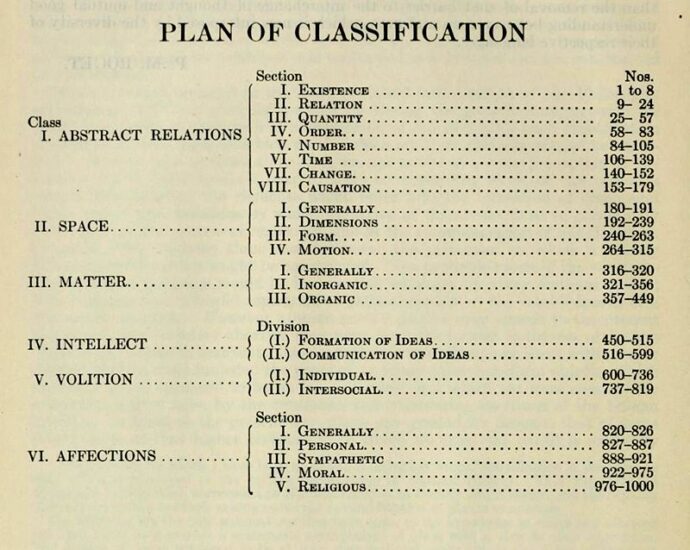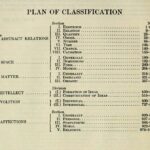Roget’s Thesaurus is a widely used English-language thesaurus, created in 1805 by Peter Mark Roget (1779–1869), British physician, natural theologian and lexicographer.
It was released to the public on 29 April 1852. Roget was inspired by the Utilitarian teachings of Jeremy Bentham and wished to help “those who are painfully groping their way and struggling with the difficulties of composition … this work processes to hold out a helping hand”. The Karpeles Library Museum houses the original manuscript in its collection.
Roget’s schema of classes and their subdivisions is based on the philosophical work of Leibniz (see Leibniz § Symbolic thought), itself following a long tradition of epistemological work starting with Aristotle. Some of Aristotle’s Categories are included in Roget’s first class, “abstract relations”.
The original edition had 15,000 words and each successive edition has been larger, with the most recent edition (the eighth) containing 443,000 words. The book is updated regularly and each edition is heralded as a gauge to contemporary terms; but each edition keeps true to the original classifications established by Roget. The name “Roget” is trademarked in parts of the world, such as the United Kingdom.
Check & Search Roget’s Thesaurus online here!








